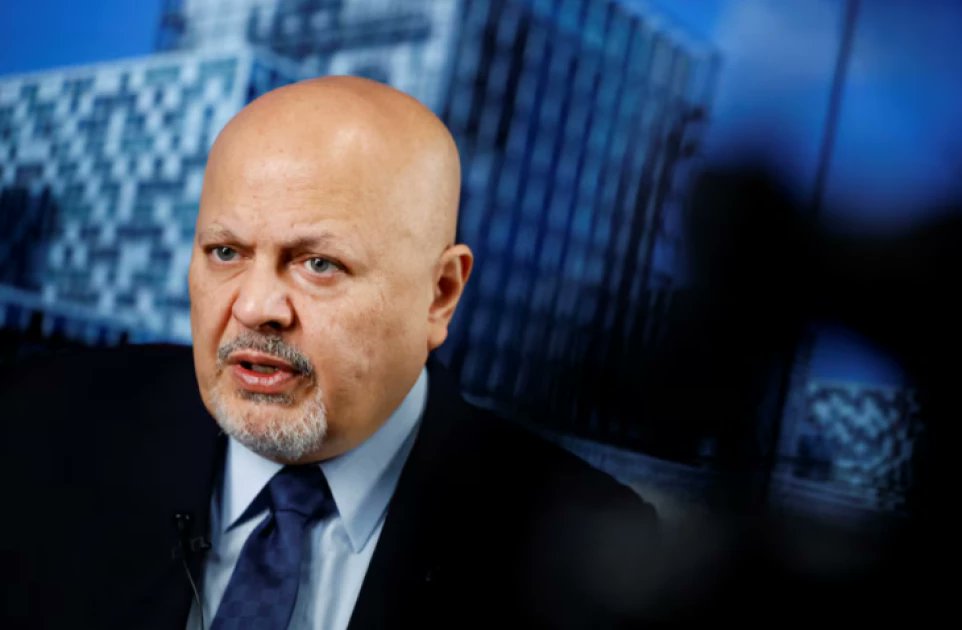International Criminal Court (ICC) Prosecutor Karim Khan has temporarily stepped aside as a United Nations investigation into sexual misconduct allegations against him nears its conclusion, his office confirmed on Friday.
The move is unprecedented in the court’s history and leaves a leadership vacuum at a time when the ICC is under intense pressure, including sanctions from the United States following arrest warrants for Israeli officials.
Khan’s legal team said he is not resigning and remains the prosecutor. They explained that he took leave because media attention on the matter was affecting his ability to do his job.
"Our client remains the prosecutor, has not stepped down and has no intention of doing so," law firm Carter-Ruck said in a written statement, rejecting all allegations of wrongdoing.
In a letter to staff seen by Reuters, Khan said he had been reviewing his position continuously and made the decision to step aside because of growing media attention.
"In light of escalating media reports, I have made the considered decision to take leave," he wrote.
"My decision is driven by a deep and unwavering commitment to the credibility of our office and the court, and to safeguard the integrity of the process and fairness to all involved."
Khan’s office said he would remain on leave until the concludes its investigation, which began in December.
Sources told Reuters that Khan spoke to UN investigators last week in what was believed to be the final interview of the probe. It is not clear when the findings will be released.
Until then, the ICC’s two deputy prosecutors will carry out his duties.
There is currently no formal procedure in place for replacing a prosecutor temporarily, highlighting the exceptional nature of the situation.
Khan had previously resisted calls from non-governmental organizations and court staff to step down during the investigation. His decision to step aside was welcomed by several rights groups.
"Stepping aside helps protect the court's credibility and the trust of victims, staff, and the public. For the alleged victim and whistleblowers, this is also a moment of recognition and dignity," said Danya Chaikel from human rights group FIDH.
Others emphasized that the prosecutor’s leave would not halt the ICC’s operations.
"In fact, removing an individual whose alleged behaviour may have fuelled a toxic work culture may strengthen the office’s ability to carry out its mandate with professionalism and public trust," said Alix Vuillemin of the Women's Initiatives for Gender Justice.
Khan has played a central role in some of the ICC’s most high-profile investigations, including those into the Israel-Hamas conflict and Russia’s war in Ukraine.
Under his leadership, the court issued arrest warrants for Russian President Vladimir Putin and Israeli Prime Minister Benjamin Netanyahu.
Both leaders deny the allegations and have rejected the court’s jurisdiction, as their countries are not members of the ICC.
The court’s investigation into Israel’s conduct in Gaza prompted the administration of former US President Donald Trump to impose sanctions on Khan, a move the ICC president warned could endanger the institution itself.
With Khan now on temporary leave and the UN investigation nearing its end, the ICC finds itself in uncharted territory, facing internal uncertainty and external pressure in equal measure.

